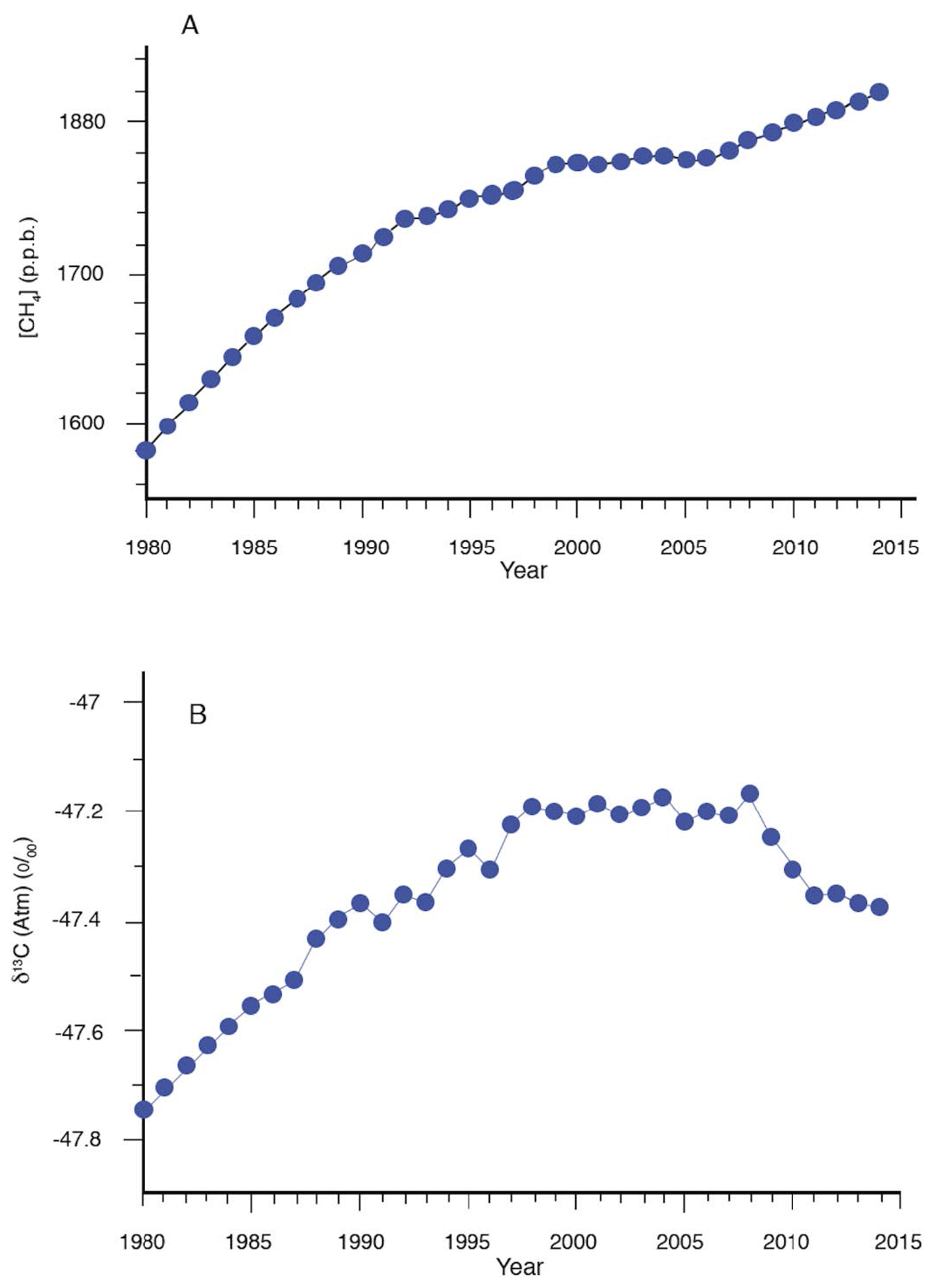Update 2019-11-07: This blog post published as an op-ed in the Charlton County Herald, October 9, 2019, as
Convenience of private profit is no excuse to risk Okefenokee.
![[Convenience of private profit is no excuse to risk Okefenokee --Suwannee Riverkeeper]](https://www.wwals.net/pictures/2019-09-25--tpm-full-page-ad/jsq-0.jpg)
Convenience of private profit is no excuse to risk Okefenokee –Suwannee Riverkeeper
It’s the miners who are proposing to risk the Okefenokee Swamp for their private profit, so it’s their job to provide proof, despite what the Twin Pines full page ad in the Charlton County Herald says.
Alex Kearns has already made this point for St. Marys Earthkeepers in
a letter to the editor. You can comment on the newspaper’s website on that one, or you can send one, too, to:
editor@charltonherald.com.
![[CharltonCounty-Herald 25Sept2019-0001]](https://www.wwals.net/pictures/2019-09-25--tpm-full-page-ad/CharltonCounty-Herald_25Sept2019-0001.jpg)
CharltonCounty-Herald 25Sept2019-0001
PDF
Yet in our Suwannee Riverkeeper comments to the Corps,
we have provided quite a few studies that indicate the risk,
including a Florida Consent Order against the same company for similar mines in Florida.
Where are these studies Twin Pines touts in the ad?
They were not in Twin Pines’ mining application,
as we and many others, including
U.S. EPA and GA-EPD have pointed out.
When will these miners’ studies be published?
The one Twin Pines hydrogeological study I have been able to find is in
a different application that this miners’ ad doesn’t mention:
for groundwater withdrawal and use.
That study shows the 4.32 million gallons per day the miners’ want (more than twice all the current permitted water withdrawals in Charlton County) would lower the level of the Floridan Aquifer under the Swamp.
![[Figure 8. Drawdown 2930 days]](https://www.wwals.net/pictures/2019-07-24--tpm-ga-epd-water-withdrawal/424772086-7-24-19-Final-Application-for-Industrial-Groundwater-Withdrawal-Permit-0044.jpg)
Figure 8. Drawdown 2930 days
At the August 13, 2019 miners’ meeting in Folkston, GA, Steve Ingle claimed
the mine would not affect the Floridan Aquifer, and the miners’ hydrologist Mark Tanner
claimed there would be no cone of depression under the Swamp, both on video.
This was two weeks after the same company had filed its withdrawal application with a hydrology report that clearly depicts a cone of depression extending under the Swamp.
A report authored by the same two hydrologists who were at the August 13th meeting:
Robert M. Holt and J. Mark Tanner.
The same miners’ hydrologists also repeatedly refused to guarantee there would be no effect on the Suwannee River, despite the ad’s claims of “100% certainty.”
Pretty much every other point in that ad is similarly easily rebuttable.
It’s curious they didn’t mention their biggest selling point: Continue reading →
![[Withlacoochee, Okapilco, Crooked Creek 2020-03-07]](https://www.wwals.net/pictures/2020-03-07--wq-crooked-creek-okapilco-withlacoochee/2020-03-07--raindown.jpg)

.png)
![[Many people]](https://www.wwals.net/pictures/2019-02-20--ccd-pictures/20190220_095407.jpg)
![[Turbidity Criteria]](https://www.wwals.net/pictures/2019-11-22--wkfl-triennial-review-comments/WKFL-Final-Triennial-Review-Comments-0001.jpg)
![[Lawtey, FL, Highland Mine, Chemours]](https://www.wwals.net/pictures/2019-10-23--hunt-arwood-charlton-county-herald/Lawtey-Chemours-Highland-Mine.jpg)
![[Convenience of private profit is no excuse to risk Okefenokee --Suwannee Riverkeeper]](https://www.wwals.net/pictures/2019-09-25--tpm-full-page-ad/jsq-0.jpg)
![[CharltonCounty-Herald 25Sept2019-0001]](https://www.wwals.net/pictures/2019-09-25--tpm-full-page-ad/CharltonCounty-Herald_25Sept2019-0001.jpg)
![[Figure 8. Drawdown 2930 days]](https://www.wwals.net/pictures/2019-07-24--tpm-ga-epd-water-withdrawal/424772086-7-24-19-Final-Application-for-Industrial-Groundwater-Withdrawal-Permit-0044.jpg)
![[Alapaha River Water Trail Map]](https://www.l-a-k-e.org/govt/zboa/2019-08-06--zboa-packet/arwt-map.jpg)
![[Movie: No jury trial, but unanimous approval (1110M)]](https://www.wwals.net/pictures/2019-08-05--brooks-co-nextera-solar-ii/20190805_193345.jpg)

![[VDT Front page, Sunday, July 14, 2019]](https://www.wwals.net/pictures/2019-07-14--vdt-water/front-page.jpg)